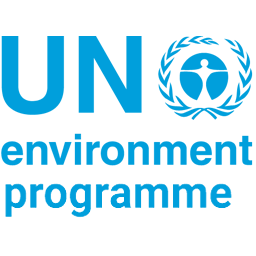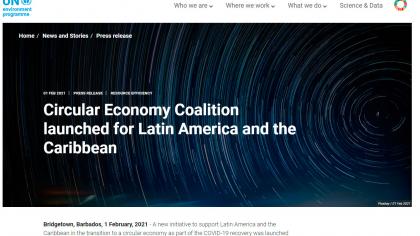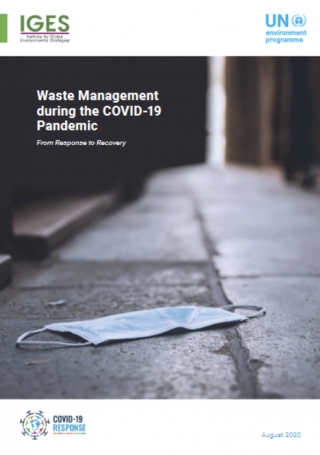
The United Nations Environment Programme (UNEP) supports the implementation of the 2030 Agenda by advising on development plans and national public policies and implementing concrete projects with innovative solutions in the areas of: environmental governance, climate change, waste and chemical management, resource use efficiency, environmental assessment, disaster and conflict prevention and sustainable use of ecosystems. UNEP supports the implementation of the Multilateral Environmental Agreements and, in general, the environmental dimension of the Sustainable Development Goals at global, regional and national levels, as an entry point to ensure a balanced integration of the three dimensions of sustainable development. UNEP promotes informed decision-making as well as global and regional agreements on environmental priorities, ensuring the participation of national institutions, women's groups, youth, indigenous peoples and civil society, in the meetings of the Regional Forum of Ministers of Environment, technical networks, national activities, projects and advocacy processes related to public policy. In addition, we support the United Nations Systems, globally, regionally and nationally, to effectively integrate environmental resilience and sustainability into their programming, including the United Nations Framework for Cooperation on Sustainable Development, in an effort to align the support to the 2030 Agenda with the United Nations Reform.
UNEP is the custodian agency for 26 core environment indicators for Goals 6 (6.3.2; 6.5.1; 6.6.1), 8, 12, 14, 15, and 17 (17.14.1) in the global framework for the 2030 Agenda. In this capacity, agreed global methodologies have been developed along with disaggregation and aggregation of data, and yearly reporting on progress on SDG indicators for the Secretary General’s SDG progress report. Additionally, UNEP plays a key role in working with the other agencies involved in statistical standard development to ensure that environmental statistical standards, such as the System of Environmental Economic Accounts and the Framework for the Development of Environment Statistics, are fit for purpose and meet the information needs of Ministries of Environment and other stakeholders that play a leading role in assessing the environment.
Activities
News
Publications
Information Tools
-
-
-
Resource TypeTraining material








